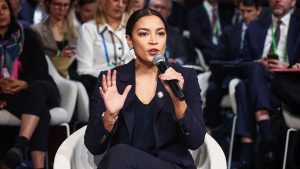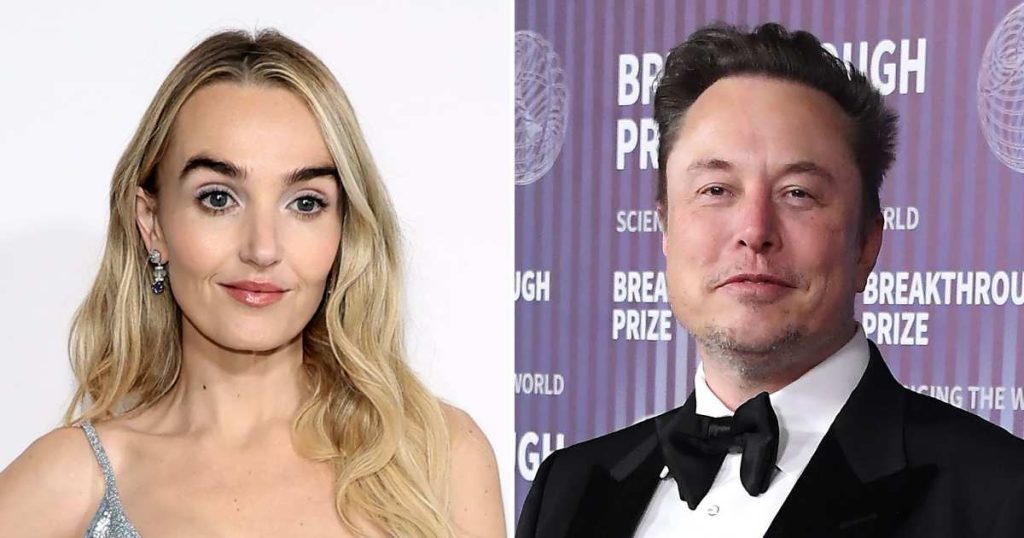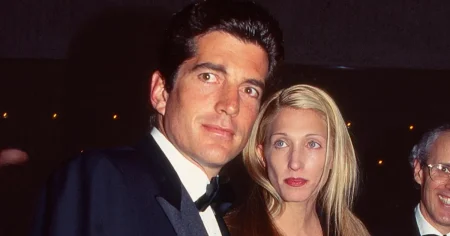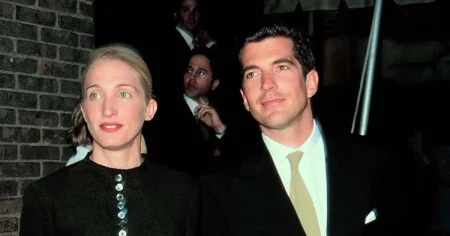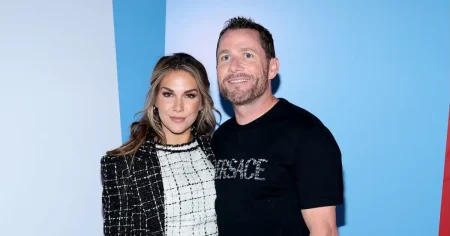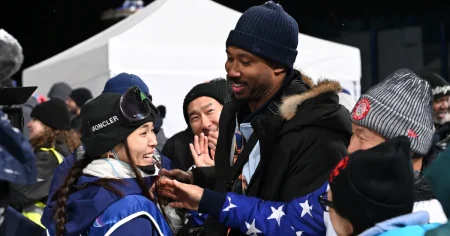Chloe Fineman’s revelation about Elon Musk bringing her to tears during his 2021 Saturday Night Live hosting gig has sparked a renewed discussion about the dynamics between celebrity hosts and the show’s writing staff. Fineman’s initial accusation, veiled in Bowen Yang’s earlier allusion to a “male host” making a cast member cry, finally came to light through Fineman’s own TikTok video. In the video, she recounted the nerve-wracking experience of presenting her meticulously crafted sketch to Musk, only to be met with what she perceived as dismissive and demoralizing criticism. Her claim that Musk stared at her as if he were about to fire her from Tesla, coupled with his alleged comment, “It’s not funny,” paints a picture of a tense and uncomfortable interaction that ultimately led to her emotional breakdown. While the sketch eventually aired and, according to Fineman, turned out well, the incident highlights the potential power imbalance and the pressure-cooker environment of live television production.
Fineman’s decision to publicly name Musk as the host who made her cry, despite the passage of time, underscores the lasting impact of the experience. Her Instagram story post, referencing Musk’s apparent Nazi salute at Donald Trump’s inauguration, further contextualizes her criticism and suggests a broader disapproval of his behavior. This public callout, coupled with Yang’s veiled support in previous interviews, suggests a degree of solidarity among the SNL cast and writers regarding their experiences with demanding or difficult hosts. The incident raises questions about the expectations placed upon both the hosts and the writing staff, and the potential for miscommunication and conflict when creative visions clash under tight deadlines.
The core of the issue seems to stem from the differing perspectives and priorities of the host and the writers. Fineman, having invested significant time and effort into crafting the sketch, likely felt a sense of ownership and pride in her work. Musk, on the other hand, approaching the show from an outsider’s perspective, may have had different comedic sensibilities and expectations. His alleged lack of initial positive feedback, regardless of his intentions, could be interpreted as a lack of respect for the writers’ work and the creative process. This disconnect between the host’s vision and the writers’ contributions can create friction and contribute to a stressful environment, especially given the high-stakes nature of live television.
Musk’s response to Fineman’s accusations, posted on X (formerly Twitter), offers a glimpse into his own anxieties and pressures surrounding his SNL appearance. His claim that none of the sketches were funny until Thursday, just two days before the live show, reveals the immense pressure he felt to deliver a successful performance. While his explanation doesn’t necessarily excuse his alleged behavior towards Fineman, it does provide some context for his potentially heightened sensitivity and critical approach to the material. His ultimate success on the show, according to his own assessment, suggests that the initial challenges were overcome, but the incident with Fineman remained a lingering point of contention.
The incident involving Fineman and Musk highlights the inherent challenges of collaborative creative endeavors, particularly within the fast-paced and demanding world of live television. The pressure to produce high-quality content under tight deadlines can exacerbate tensions and create an environment ripe for miscommunication and conflict. While both Fineman and Musk ultimately contributed to a successful show, the behind-the-scenes friction underscores the importance of clear communication, mutual respect, and a shared understanding of the creative process. The incident serves as a reminder that even in the realm of comedy, emotions can run high, and the pressure to perform can sometimes lead to unintended consequences.
The broader implications of this incident extend beyond the specific individuals involved. It raises questions about the dynamics between celebrity hosts and the SNL writing staff, and the potential for power imbalances to affect the creative process. The fact that Fineman felt compelled to speak out, even years later, suggests that the experience had a significant impact on her. This incident could potentially lead to a reevaluation of the relationship between hosts and writers, and perhaps to the implementation of strategies to foster more collaborative and respectful interactions in the future. The public nature of the disagreement also highlights the increasing scrutiny faced by celebrities and the amplified consequences of their actions in the age of social media.

